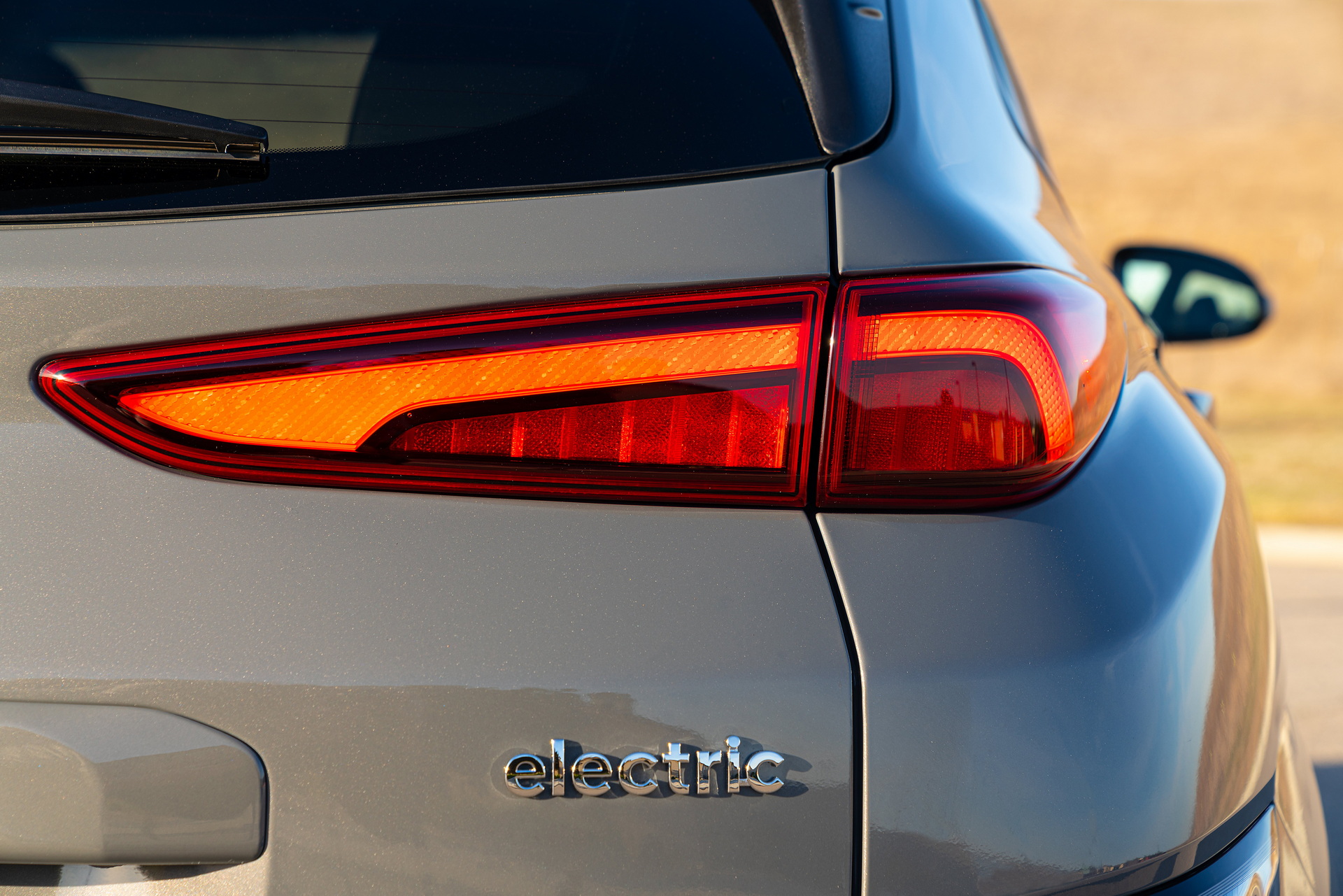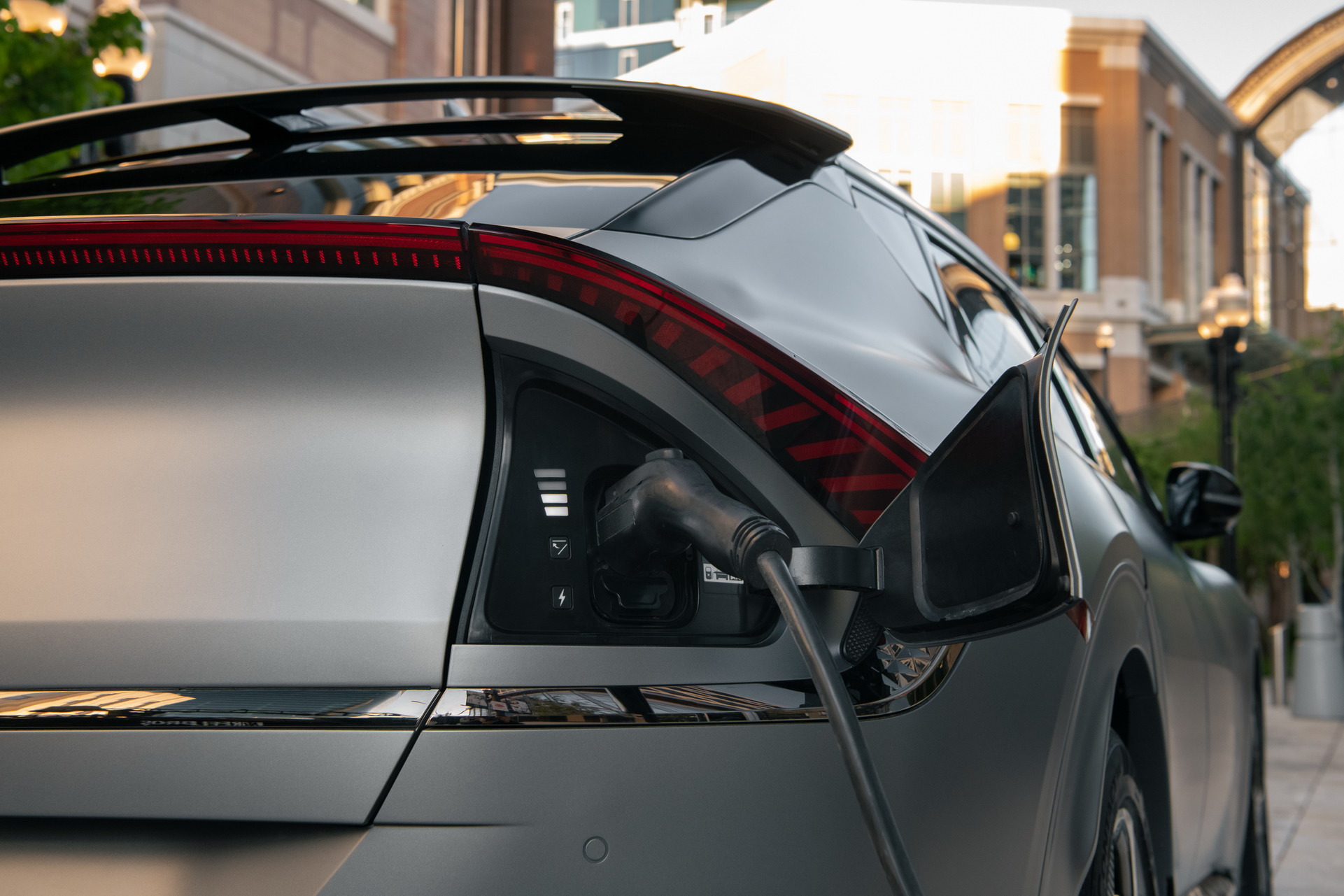Hyundai announced that it will work with Factorial Energy to test the company’s solid-state battery technology. The hope is to eventually get higher capacity, yet lighter, batteries into Hyundai and Kia vehicles.
Under a joint development agreement, which includes a strategic investment, the companies will test Factorial’s solid-state technology at the cell, the module, and the system level to see if they can be properly integrated into electric vehicles.
Solid-state batteries have long held promise for automotive purposes since their ability to hold more energy than lithium-ion batteries means they can extend the range of vehicles while simultaneously lightening them, creating a virtuous cycle.
Read Also: Ford And BMW To Begin Testing Solid State Battery Cells In 2022
Factorial’s advances are based on its own “Factorial Electrolyte System Technology,” which uses a proprietary solid electrolyte material that enables safe and reliable cell performance even with high-voltage and high-capacity electrodes, the company says. It also claims that, at room temperature, the cells are safer than lithium-ion batteries and can extend driving range by 20 to 50 percent.
“Our partnership with Hyundai is yet another validation of our solid-state battery technology, and we look forward to demonstrating its market readiness in Hyundai vehicles,” said Factorial Energy CEO Siyu Huang, Ph.D. “We can help unlock mass adoption of electric vehicles – and the resulting environmental benefits – through our safe and long-range batteries.”
According to the tech company, the batteries are also drop-in compatible with existing lithium-ion manufacturing infrastructure, which will doubtless appeal to Hyundai and sister company Kia.
“The Hyundai CRADLE team has been impressed with Factorial’s management team, technology, and novel manufacturing approach, which could make the transition to solid-state seamless and cost-effective,” said Henry Chung, SVP and Head of CRADLE Silicon Valley. “We look forward to collaborating with our new portfolio company to further advance their technology.”
No specific timeline has been given for the project but the Korean company stated that it’s looking to the technology for the next generation of its electric vehicles.






